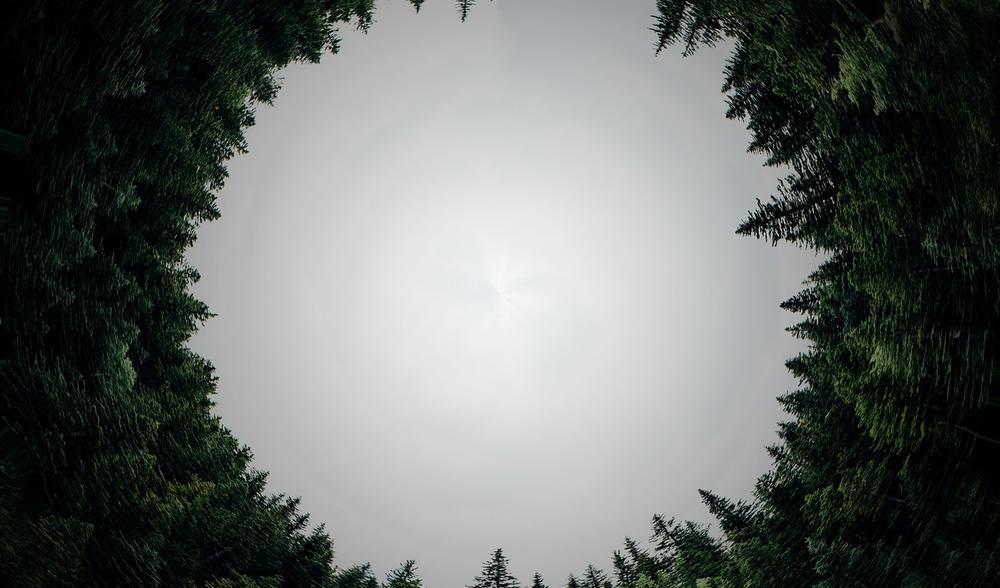DEFINITE-CCRI reveals projects selected to receive Project Development Assistance (PDA)
DEFINITE-CCRI has announced the projects selected for the DEFINITE-CCRI Deal Engine pipeline. In total, seven European initiatives will receive Technical and Impact Potential Assessments and Finance and Investment Baselines, increasing their investment readiness and potential impact.
Together, the selected projects address 58% of the Sustainable Development Goals (SDGs) and 80% of the R-strategies, such as remanufacturing and reuse. What’s more, each project involves, on average, 2.7 R-strategies simultaneously.
The seven projects will collectively require €56.9 million in investment. Most projects are currently in the pre-feasibility and feasibility stages. Only one initiative is currently being implemented and will require more targeted PDA support.
The selected projects are:
The Circular Economy Incubator Hub of Tehdassaari, Finland. This project plans to transform a former industrial area into a circular economy hub, fostering research, development and innovation on the island of Tehdassaari. On top of that, the hub will provide a testing ground for companies to pilot their circular economy solutions.
The Plastics Unchained project, Belgium. This initiative addresses waste streams from hospitals and the pharmaceutical industry, which are not captured by current sorting methods. It envisions developing a waste sorting facility to properly separate and prepare such waste for recycling and reuse.
The Channelling Material Flow project, Belgium. This project seeks to create a more efficient logistics system for a city-wide material bank in Leuven. It will allow for separating waste according to the highest R-strategy possible and making the city more materially self-sufficient.
The Circular Library Network, Iceland. This initiative develops digital and software solutions to set up libraries of things. Instead of books, such libraries lend daily essentials like screwdrivers and hammers. Via the Circular Library Network, communities across Europe are encouraged to set up their own self-service sharing stations.
The 3D Printing Pilot Structure of Geopolymer for the Kutila Canal project, Finland. The project is intended to recycle mining tailings accumulated over years of mining activities around Lappeenranta City. Geopolymer concrete made from tailings will be used to 3D-print armoured units for the Kutila Canal infrastructure.
The FixFirst project, Germany. FixFirst is building an AI-powered software and digital platform that boosts repair services’ efficiency and speed as well as enhances customer experience. Its digital infrastructure allows repair service providers and service operators like manufacturers, retailers and cities to collaborate more effectively.
The ‘Innovative membrane bioreactor for water recovery in the food industry’ project, Austria. This project aims to develop a large-scale plant to transform wastewater from the meat processing industry into biogas and organic fertilisers intended to be used in the same industry. The solution has already been tested at a pilot plant and is now planning to scale.
Find more information about these projects here.
Publishing date:


